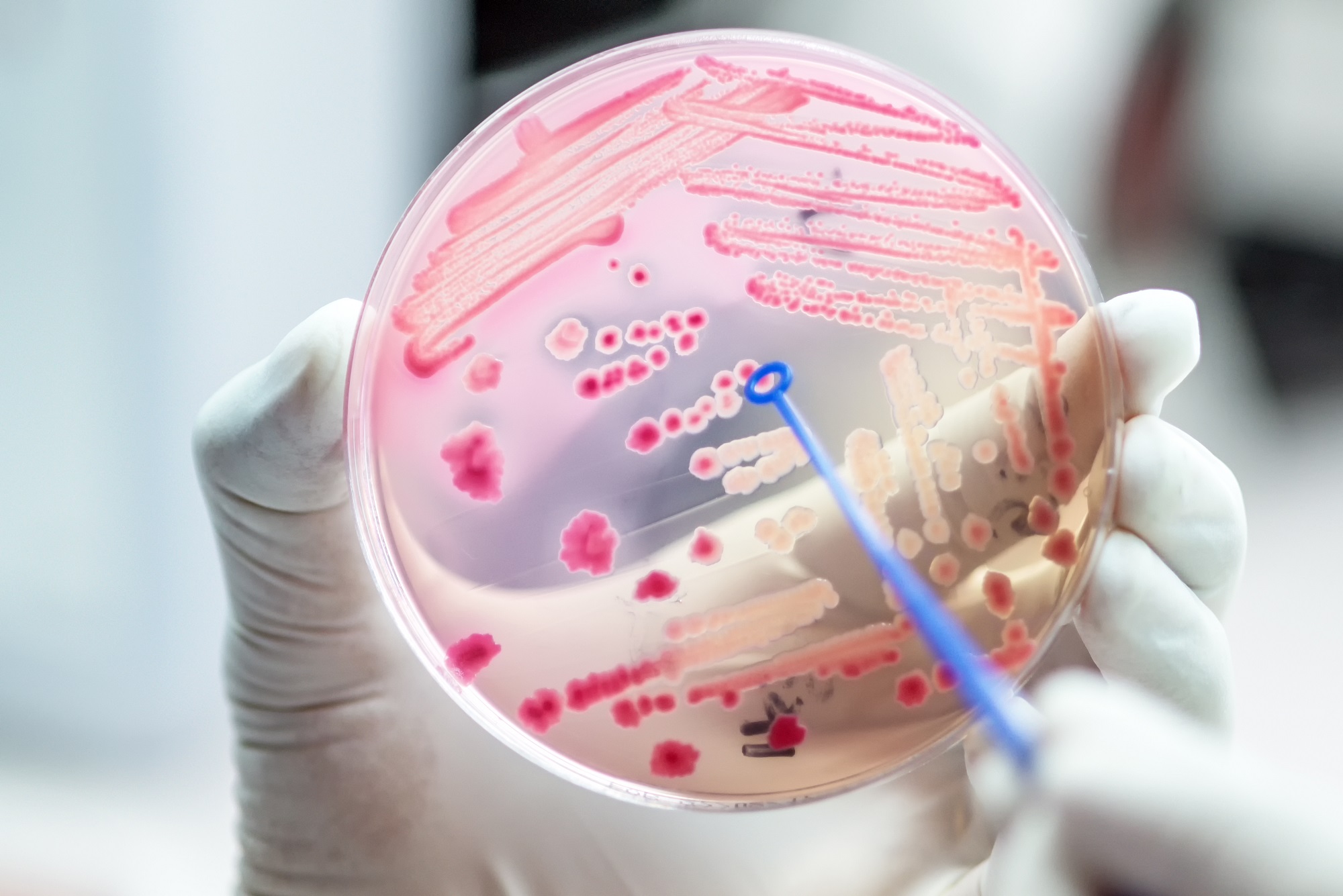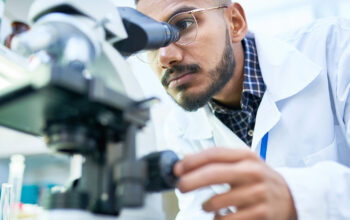The global health threat hiding in plain sight should not drop off the G7 agenda (Excerpts)
This oped has been originally published on The Telegraph on 3rd June 2021.
Professor Dame Sally Davies, UK Special Envoy on Antimicrobial Resistance
Thomas Cueni, Director General, International Federation of Pharmaceutical Manufacturers and Associations (IFPMA)
In 2016, the United States National Security Council[1]drew up a playbook on fighting pandemics so that the next response to an epidemic was better handled than the response to the spread of Ebola. The same year, the G7 put tackling antimicrobial resistance (AMR) on the agenda.
Today, the twin global health security threats of viruses and bacteria are very real.
Every corner of our health system depends on antibiotics. It’s thanks to antibiotics that illnesses such as pneumonia, meningitis and TB are now treatable. They are used for caesarean sections, routine operations such as arthroscopic knee surgery, and cancer chemotherapy.
Worryingly, bacteria mutate, just as viruses do. […]
The question is, how to make sure that one goes from policy papers, dire projections and simulations to action?
In the case of COVID-19, against the odds and in record time, we already have a range of vaccines to protect against the SARS-CoV-2 virus. The speed of the response is thanks to decades of research on vaccine technologies. In contrast, research for new antibiotics that could stave off the worst of AMR has been stuck in the doldrums. And whilst there are exciting signs at the early end of the pipeline, this innovation is primarily happening in small companies without the infrastructure to take a promising product all the way to market.
Between 2018 and 2020, four companies that had brought new antibiotics to market declared bankruptcy or put themselves up for sale, despite having survived the perilous, decade-long process of development and testing to get a new drug approved[2]. To give a boost to the antibiotics pipeline, the AMR Action Fund[3] has been created to develop two to four new antibiotics by 2030, thanks to close to $US 1 billion from pharmaceutical companies, topped up with support from the European Investment Bank and the Wellcome Trust.
To ensure there is a healthy pipeline of antibiotics that keep up with bacteria’s natural evolution to build resistance, we need more than a fund to boost innovation.
[…]
Despite the huge societal costs of AMR, our health care systems are not currently designed to recognise the value of new antibiotics.
We need adapted market-based policy reforms, including reimbursement reform and new ‘pull’ incentives to create market conditions that enable sustainable investment in antibiotic R&D. We need industry to fully recognise the insurance value that antibiotics provide them. We need healthcare systems to pay their ‘fair share’ for innovation. And most of all, we need governments, researchers and life sciences companies to work together, to put patient needs at the forefront.
[…]
In the United States, the PASTEUR Act that is currently before Congress should create a predictable path to rewarding new antibiotics for their value to society via a subscription contract (valued at $750m to $3bn) that prepays for all US federal use of the drug. This would be a delinked pull incentive that is large enough to move the R&D needle, with powerful support for antibiotic stewardship.
More generally, the global community is also moving to take action on AMR – 135 countries have finalised national action plans, but they must be fully funded and implemented.
These are good actions and are pointing us in the right direction. But, if COVID-19 has taught us something, it is that global health security, as the name implies, needs to be truly global. As the G7 Health Ministers meet, it is crucial that they give AMR a last push and agree global action to strengthen research and development for new antibiotics, once and for all. Let us not fall into the trap of tunnel vision and squander the opportunity that we have been building up to over the past seven years, to fix this silent pandemic of AMR, which otherwise could have consequences far more deadly than COVID-19.
Authors





